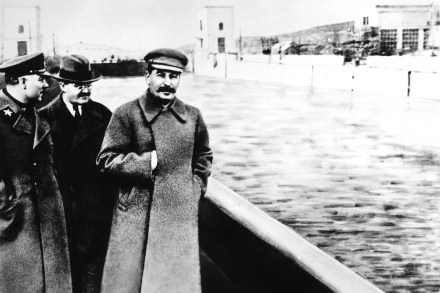How Foucault was shielded from scandal by French reverence for intellectuals
More from BooksConsider the hare and the hyena. The hare, Clement of Alexandria told readers of his 2nd-century sexual self-help manual Paedagogus, was thought to possess both male and female sexes and swapped their roles from year to year. As for the hyena, it was believed to acquire an extra anus annually and ‘to make the worst






























